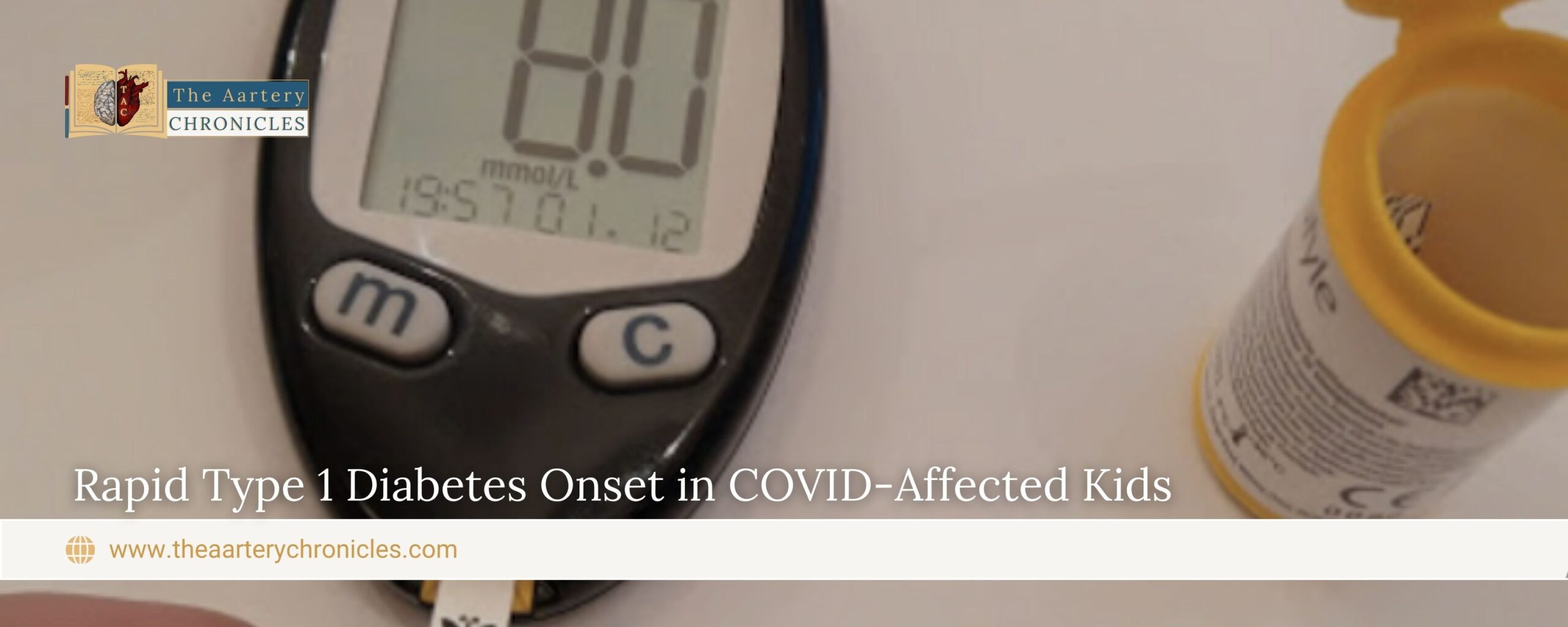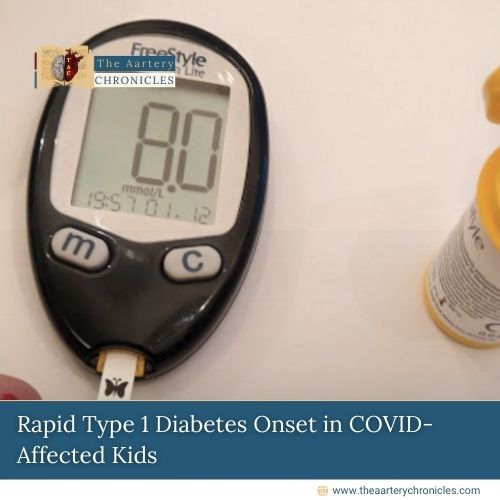
Rapid Type 1 Diabetes Onset in COVID-Affected Kids
A recent study published in The Journal of the American Medical Association (JAMA) suggests that COVID-19 infection may accelerate the onset of Type 1 diabetes symptoms in children. Researchers found that children who were infected with the virus and were in the early stages of Type 1 diabetes, but not yet symptomatic, progressed more quickly to the clinical manifestation of the autoimmune disorder.
Symptoms of Type 1 Diabetes
Type 1 diabetes in children can cause increased thirst and hunger, fatigue, blurred vision, and frequent urination. The standard treatment for this condition involves daily insulin therapy through injections.
Autoimmune Response
In autoimmune diseases like type 1 diabetes, the immune system mistakenly attacks healthy cells and organs instead of protecting the body against external infectious agents. Previous research has shown that children infected with COVID-19 exhibit increased levels of islet autoantibodies. These autoantibodies, detected in blood samples, are produced when the insulin-producing cells in the pancreas are damaged and are crucial for diagnosing type 1 diabetes.
Findings of the Study
The research, which involved scientists from the Institute of Diabetes Research, Helmholtz Munich in Germany, revealed that children with islet autoantibodies who contracted COVID-19 developed diagnosable symptoms of type 1 diabetes more rapidly than those who did not contract the virus. Additionally, the study found a significant increase in type 1 diabetes diagnoses among children in the early stages of the disease during the pandemic compared to the pre-pandemic period.
Conclusion
These findings underscore the potential impact of COVID-19 on the progression of type 1 diabetes in children, highlighting the importance of monitoring and early intervention for those at risk.
Source: Inputs from various media Sources










